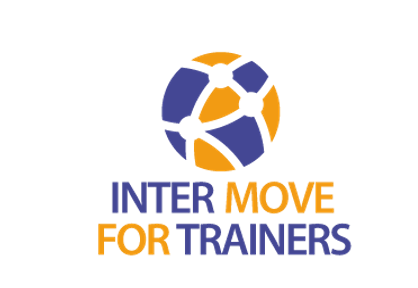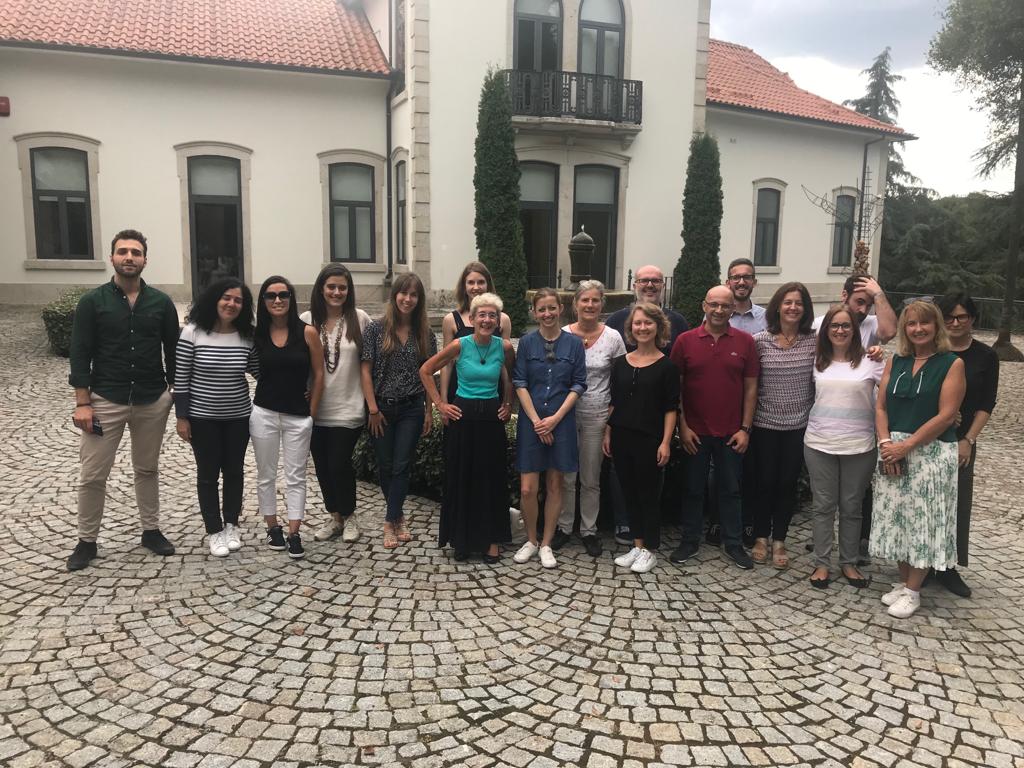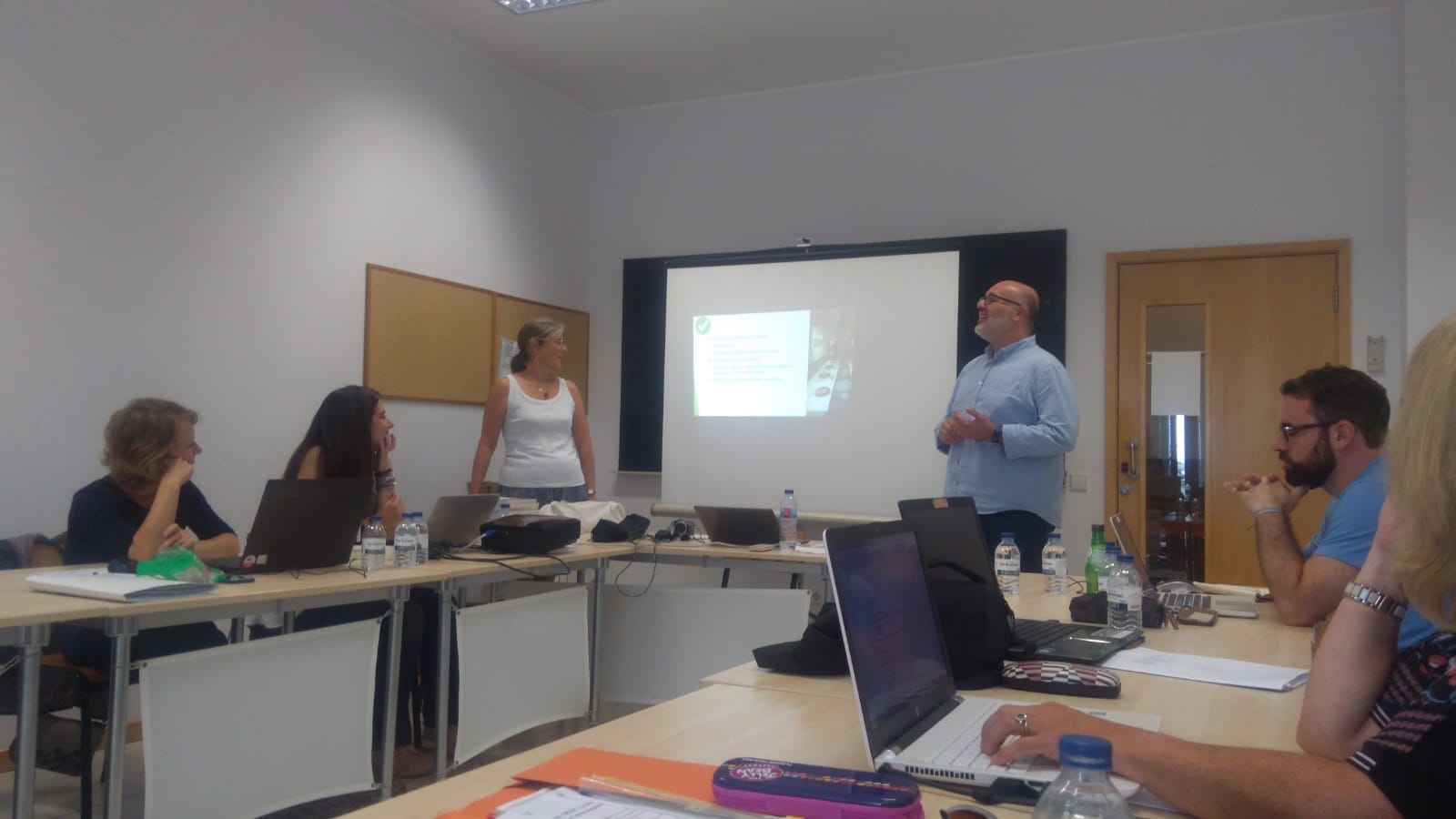Association Odyssée is partner of the Erasmus+ project “Intermove for trainers”.
Intermove for trainers is based on a former project: Intermove

Intermove for trainers aims at extending and transferring the INTERMOVE model developed by previous project (http://intermove.eu/en/home/) to other partner organizations active in mobility programmes in Italy, Portugal, France, Ireland and Spain. The former Erasmus+ project INTERMOVE developed from 2015 to 2017, tackled two of the main barriers to mobility such as crosscultural issues and foreign language knowledge by developing and implementing a new training pathway to prepare participants on Mobility projects by including the Intercomprehension of French, English, Portuguese, Italian and Spanish as a tool to follow an intercultural preparation.
An innovative and specialized training for trainers
Intermove for trainers takes a step further by developing an innovative specialized training for trainers programme. It will not only will allow partner organizations to train their mobility participants (pre-departure and/or upon-arrival) but train other third organizations on the INTERMOVE model. They will be certified with the INTERMOVE label, becoming INTERMOVE experts and multipliers of this model.
In addition, Intermove for trainers will develop a network to extend the INTERMOVE label to third organizations by the testing of the specialized training of trainers programme to other key mobility actors in Europe. This will also increase the capacity of the institutions to work following the same quality standards with their counterparts that will be also entitled to follow the same system.
The Intermove for trainers’ partnership

For this purpose, the partnership of Intermove for trainers is composed by 11 organizations active in mobility projects and involves two types of partners. First of all, it involves the 5 partners who have participated in the previous project INTERMOVE: INCOMA (Spain), IFOA (Italy), University Catholic of Portugal (Portugal), Cap Ulysse (France) and ITT (Ireland).
They bring to the project their expertise with the INTERMOVE model. Second, organizations have been added to this new partnership: La Salle and Sopeña (Spain), IPV (Portugal), ENAIP VENETO (Italy), Association Odyssée (France) and UL (Ireland).
Methodology and activities of the project
Regarding the development and preparation of the Intermove for trainers training programme, former INTERMOVE partners will work in a collaborative way through the creation of 2 working groups: one focused on Intercomprehension and a second one focused on Interculturality.

The implementation of the Intermove for trainers specialised training programme will include international learning activities as 2 trainings according to the main two topics: Intercomprehension and Interculturality will be organised. Former INTERMOVERS will train a minimum of 2 participants from the other 6 partner organisations according the working groups created (1 facilitator per former partner organisation will be involved in the organisation of the training).
A session with stakeholders and associated partners will be organised in each country to present the project, share main relevant issues and goals, deepen the knowledge sharing on the main concepts in each partner country and attract these organizations to participate in the Network and training to third organizations.
Finally, a Final Conference of the project will take place in order to present the INTERMOVE model and label and attract new organizations to participate at the INTERMOVE Network.
This project is supported by the Erasmus+ programme of the European Commission. This communication relies only with the view of its author and does not reflect the view of the European Commission.


 Français
Français Italiano
Italiano Deutsch
Deutsch Español
Español